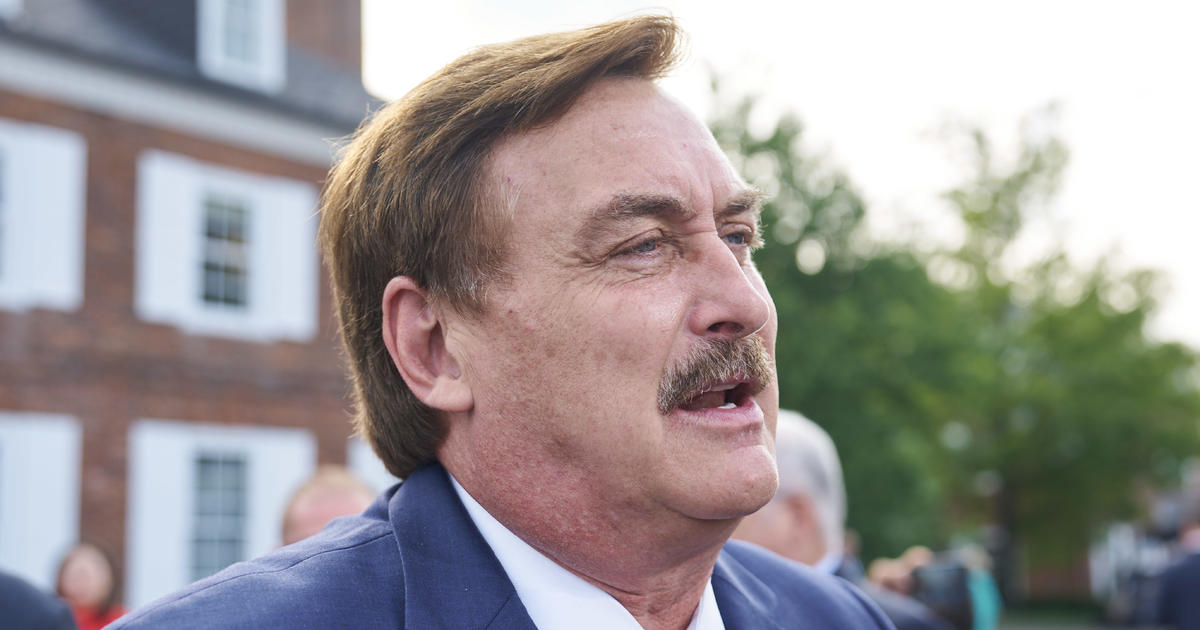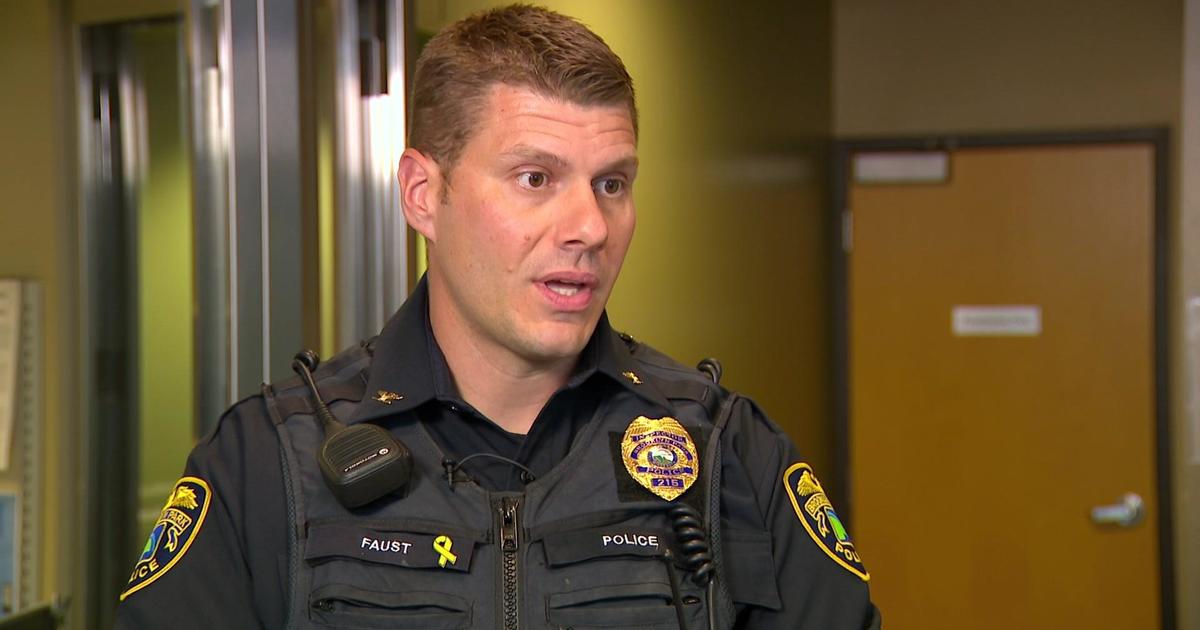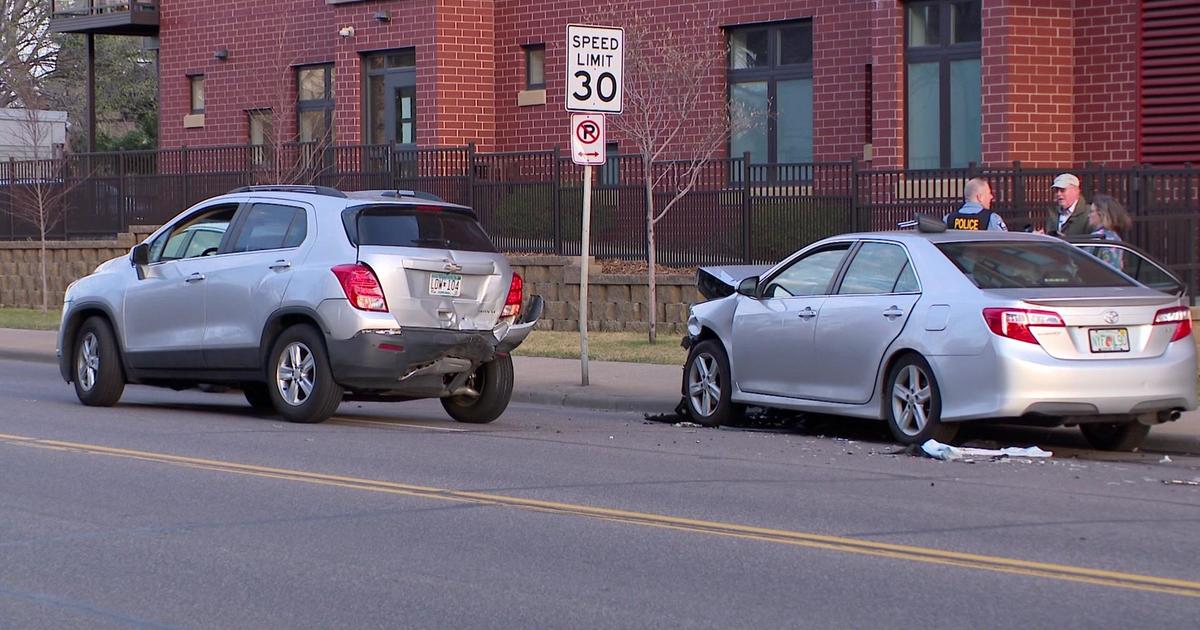Appeals Court Upholds Law In Breath Test Refusal Case
MINNEAPOLIS (AP) — A law that makes it a crime for someone to refuse a breath test when arrested for drunken driving was affirmed Monday by the Minnesota Court of Appeals — but one judge signaled there could be an issue with the law as it relates to blood or urine tests.
Monday's ruling comes in the case of David Bennett, who was arrested after he rear-ended another vehicle in New Brighton in 2013. A state trooper said Bennett showed signs of intoxication and a preliminary breath test showed Bennett had a blood-alcohol level at nearly twice the legal limit. He was arrested but refused to take a breath test at the jail after he was given the implied-consent advisory.
He was ultimately convicted of test refusal, and a drunken driving charge was dismissed.
Under Minnesota law, anyone who drives a vehicle consents to a chemical test of blood, breath or urine to determine if he or she has been drinking. A law enforcement officer may impose a test if the officer has probable cause to believe the person was driving drunk and has been arrested for that crime.
The law says if a person refuses to submit to a chemical test, it "must not be given." The driver then faces a license revocation and a possible criminal charge of refusing to submit to chemical testing.
Bennett's attorneys argued his test refusal charge should have been dismissed because the statute compels a person to submit to unconstitutional searches as a condition of keeping a driver's license and avoiding a criminal charge.
The appeals court disagreed, and found that a warrantless breath test for Bennett would have been a valid search connected to a lawful arrest. The judges cite a recent Minnesota Supreme Court decision, State v. Bernard, in which the high court found that administering a breath test without a search warrant is justified if the search is connected to a valid arrest for drunken driving.
Chief Judge Edward Cleary issued a special concurring opinion agreeing with the outcome in the Bennett case. But Cleary noted that the majority's analysis is limited to the use of a warrantless breath test, because the Bernard case offers no opinion on whether blood or urine tests could be justified.
Dan Koewler, one of Bennett's attorneys, said Cleary went out of his way to say something that wasn't at issue at this case, and said that blood, breath and urine tests may need to be treated differently if Minnesota sticks with the Bernard analysis.
(© Copyright 2015 The Associated Press. All Rights Reserved. This material may not be published, broadcast, rewritten or redistributed.)



